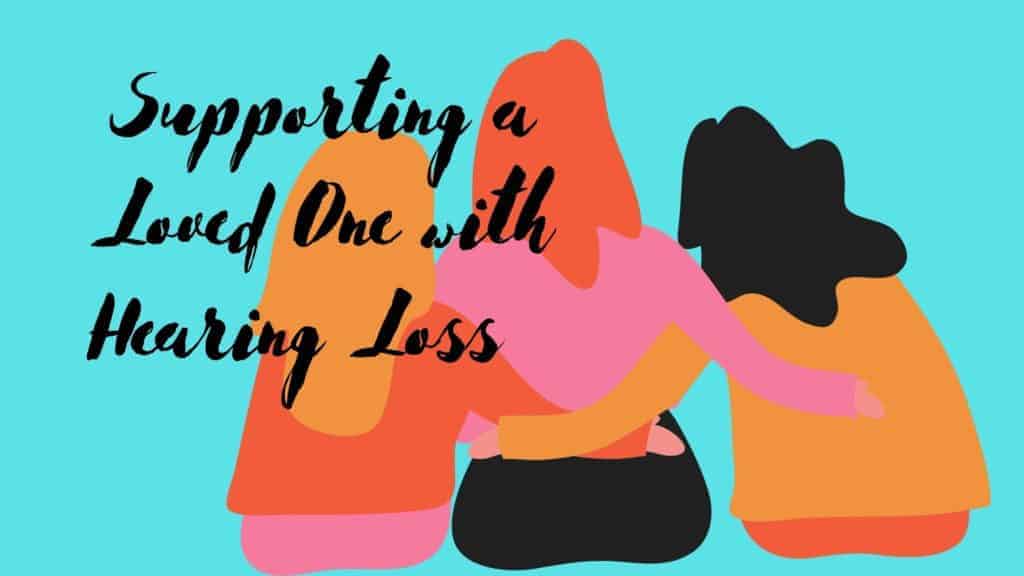
- Common Misconceptions That Delay Hearing Loss Diagnosis - June 6, 2025
- Signs Your Earwax Buildup Needs Professional Attention - May 29, 2025
- Preparing for a Hearing Test and What You Should Bring - May 16, 2025
If you have a loved one with hearing loss, you might wonder if there’s anything you can really do to help. The experience of hearing loss is intensely personal, working on the physical, mental, emotional, and social levels of our lives in ways that only the individual can fully understand. Although you might sometimes feel at a loss for how you can help your loved one, there are practical steps you can take to make things easier. If there is one guiding principle, it is to listen to what they have to say. When you ask specific questions about what you can do to help, take the time and attention to really listen to the response.
Too often, we ask questions with an underlying feeling that there’s nothing we can do. Instead of giving in to that feeling, listen carefully to what your loved one says, and take it seriously. We are usually the best experts on how others can help us hear and communicate, particularly given the individualized nature of hearing loss. In addition to the general principle of listening to your loved one, here are a few other helpful tips that have proven effective with many people who have hearing loss. If one of these strikes you as helpful, simply ask your loved one if it seems like a good idea. If they are optimistic that it might help, you can give these tactics a try.
Be an Advocate
When you are in the world, whether at an organization, social event, or an everyday visit to a shop doing errands, you can serve as an advocate for your loved one. One of the best ways to do this is to facilitate conversations by serving as a go-between. If it is clear that your loved one doesn’t understand what someone else is saying, you can relay that information or question at a closer distance, with slightly louder volume, or in another phrasing that makes more sense. The important thing to remember is not to speak for your loved one. Although you might have an impulse to intervene and make the interaction simpler by answering for your loved one or simply taking over the conversation, your role in that context is only to help amplify the voice of that other person so that your loved one can engage directly. Taking your loved one out of the situation can have negative effects not only for social wellbeing and confidence but also for cognitive health.
Make Listening Easier
The practical strategies you pursue to make listening easier for your loved one are as multifaceted as that person’s experience of hearing loss. Speaking more loudly can help, but you don’t want to do so in a way that feels embarrassing or condescending. One of the accommodation strategies that tends to work best is to make sure you only speak to your loved one from the same room. Calling out questions, observations, or pieces of information from another room is one of the most difficult contexts for comprehension. Not only is the volume lower, but this positioning also makes it impossible to see face and body language and mouth movements. Try to stand in a place where your face is visible when you are speaking with your loved one. If your loved one asks you to repeat yourself, try a different phrasing, rather than simply restating the same thing again. In each of these scenarios, try to remain calm and patient, not letting frustration take over.
Encourage Treatment
The best thing you can do for your loved one with hearing loss is to encourage treatment. Although these accommodation strategies can help, they are not a durable solution, particularly for those whose hearing loss is getting worse. If you point your loved one on the path toward assistance, you will be helping to form the bridge between existing hearing ability and a world of assisted conversations that promote independent living and a healthy body, mind, and social life. The first step is to encourage your loved one to schedule a hearing test. Without imposing a heavy hand, you can begin by asking questions and encouraging your loved one to open up about their experiences.
